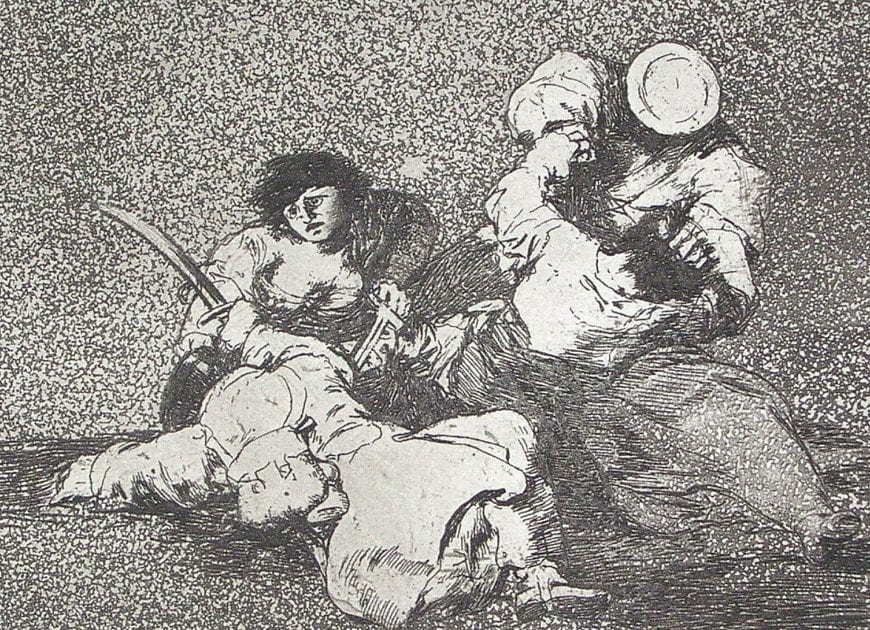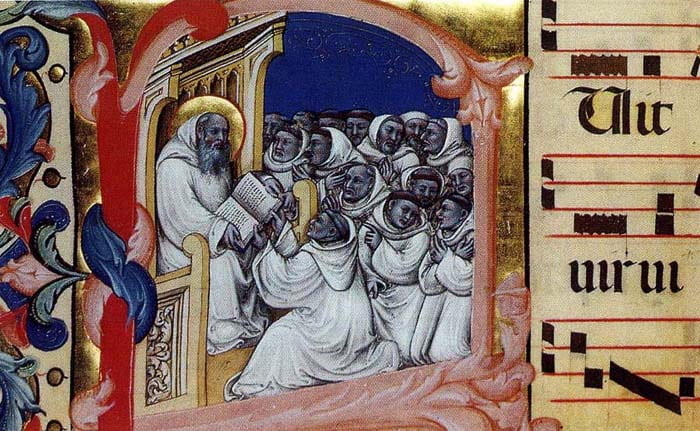
On Angels, “Feet,” and Purpose-Built Witnesses
In the Liturgical Cycle for the Anglican Church, February 6, 2022 was the Fifth Sunday after Epiphany. As 2022 is Year C in the three-year cycle, the readings for the day include Isaiah 6:1-9.

In the Liturgical Cycle for the Anglican Church, February 6, 2022 was the Fifth Sunday after Epiphany. As 2022 is Year C in the three-year cycle, the readings for the day include Isaiah 6:1-9.

When the three youths are saved from the flames in the Old English verse-form of the Book of Daniel, Nebuchadnezzar can hardly believe his eyes. At the sight of this miracle, Nebuchadnezzar declares, “Now I truly see four people there – I do not deceive myself at all” (lines 412-413). At this moment of witnessing, Nebuchadnezzar appears to change his ways. He sees the youths’ bonds incinerated, their clothing intact,…

In The Poetics and Politics of Witnessing, Derrida argues that trust in a witness’ account is derived from the belief of those listening. Derrida explains, “Bearing witness appeals to the act of faith, and thus takes place in the space of pledged or sworn word” (Derrida, 75). Here, Derrida notes that the relationship between a witness and an audience is one of faith. To prove this faith an oath must…

The human life is a mediated experience: we do not encounter an unfiltered world, but rather we process every input through our senses. Among our five senses, sight often reigns supreme; this article is not one of Professor Saltzmann’s podcasts, and I assume you aren’t understanding it via tactile telepathy. However, in the Old English poem Daniel, visuality is typically portrayed as an incomplete phenomenon through which one cannot fully…

By Faryn Thomas, Jennifer Morse, Joseph Marques, and Robert Carhuayo How is witnessing acts of God treated across Genesis, Daniel, and Margaret? In Margaret, page 131, a huge crowd of people witness Margaret pray to God for salvation at the end, before her feet and hands are to be burned. God hears her and there is an earthquake, after which God speaks directly to her from the heavens. As…